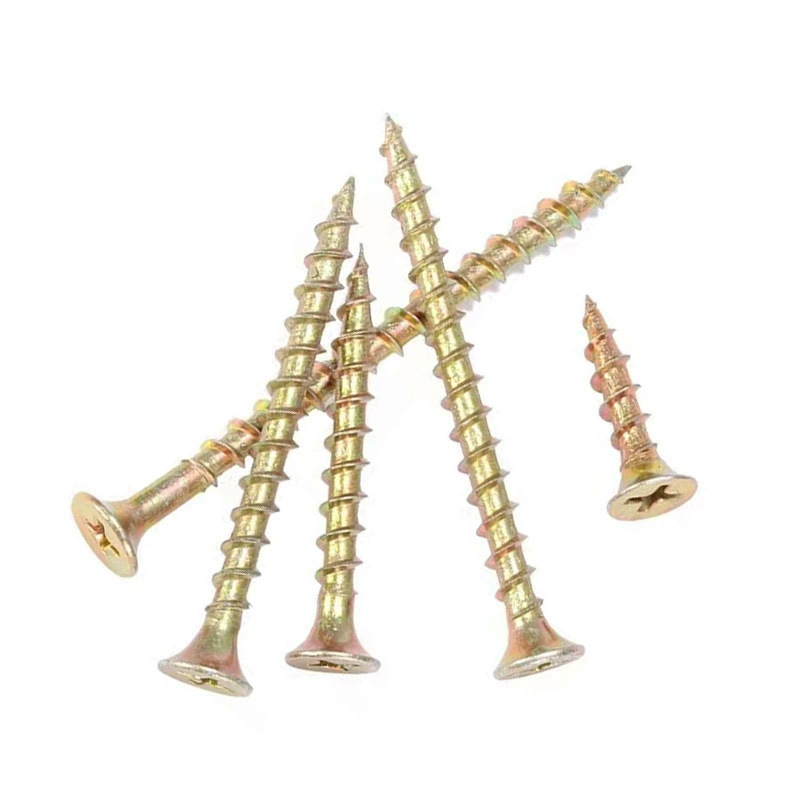

m6 plain washer
Oct . 31, 2024 00:48 Back to list
m6 plain washer
Understanding M6 Plain Washers A Comprehensive Guide
When it comes to assembling machinery or constructing structures, the often-overlooked components can be just as crucial as the more prominent parts. One such component is the plain washer, specifically the M6 plain washer. This small but vital element plays a significant role in ensuring the efficiency and durability of mechanical assemblies.
What is an M6 Plain Washer?
An M6 plain washer is a flat, disc-shaped piece made from various materials, most commonly steel, stainless steel, or plastic. The M6 designation refers to the metric thread size of 6 mm, which is typically used with M6 bolts and screws. Plain washers are mainly designed to distribute the load of a threaded fastener, preventing damage to the surface of the material being fastened. They can also help avoid loosening due to vibrations, protect against corrosion, and ensure a tighter fit.
The Function of Plain Washers
1. Load Distribution One of the primary functions of the M6 plain washer is to spread the load exerted by the bolt or screw. When a fastener is tightened, it can create a localized stress point on the material. The washer serves to distribute this force over a larger area, reducing the likelihood of damage or deformation.
2. Preventing Damage Plain washers help protect the surface of the material being fastened. For example, when bolting down a delicate component, the washer ensures that the pressure does not dent or scratch the surface, preserving the integrity of the assembly.
3. Vibration Resistance In many applications, mechanical vibrations can cause fasteners to loosen over time. A plain washer can help maintain tension in the joint, reducing the risk of the fastener backing out. This is particularly important in automotive and industrial applications where equipment reliability is paramount.
m6 plain washer

4. Corrosion Protection Depending on the material chosen for the M6 plain washer, they can provide an additional layer of protection against corrosion. Stainless steel washers, for instance, are often used in environments where moisture or chemicals are present, enhancing the longevity of the fastener assembly.
Selecting the Right M6 Plain Washer
When selecting an M6 plain washer for a project, several factors must be considered
- Material Choose a washer made from a material that suits your environment. If corrosion is a concern, stainless steel or plastic washers may be more appropriate.
- Thickness The thickness of the washer can affect its load-bearing capabilities. A thicker washer may better distribute forces but could also add unnecessary weight to the assembly.
- Inner and Outer Diameter Ensure the inner diameter fits the M6 bolt, while the outer diameter should be sufficient to provide adequate load distribution.
Conclusion
While they may seem insignificant in the grand scheme of things, M6 plain washers are fundamental components in many mechanical assemblies. Their ability to distribute loads, prevent damage, resist vibration, and protect against corrosion makes them invaluable in numerous applications. When undertaking any construction or assembly task, giving thought to the proper use of plain washers can significantly enhance the durability and reliability of the finished product. As you work on your next project, remember the importance of these small yet crucial components!
Latest news
-
High-Strength Hot-Dip Galvanized Bolts-Hebei Longze|Corrosion Resistance&High Strength
NewsJul.30,2025
-
Hot Dip Galvanized Bolts-Hebei Longze|Corrosion Resistance&High Strength
NewsJul.30,2025
-
Hot Dip Galvanized Bolts - Hebei Longze | Corrosion Resistance, High Strength
NewsJul.30,2025
-
High-Strength Hot Dip Galvanized Bolts-Hebei Longze|Corrosion Resistance, Grade 8.8
NewsJul.30,2025
-
Hot Dip Galvanized Bolts-Hebei Longze|Corrosion Resistance,High Strength
NewsJul.29,2025
-
High-Strength Hot Dip Galvanized Bolts - Hebei Longze Metal Products Manufacturing Co., Ltd.|corrosion resistance&high strength
NewsJul.29,2025

